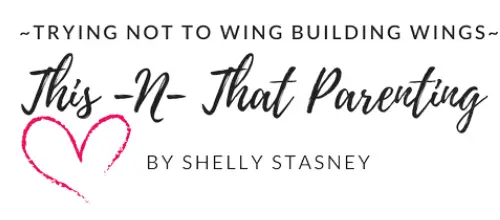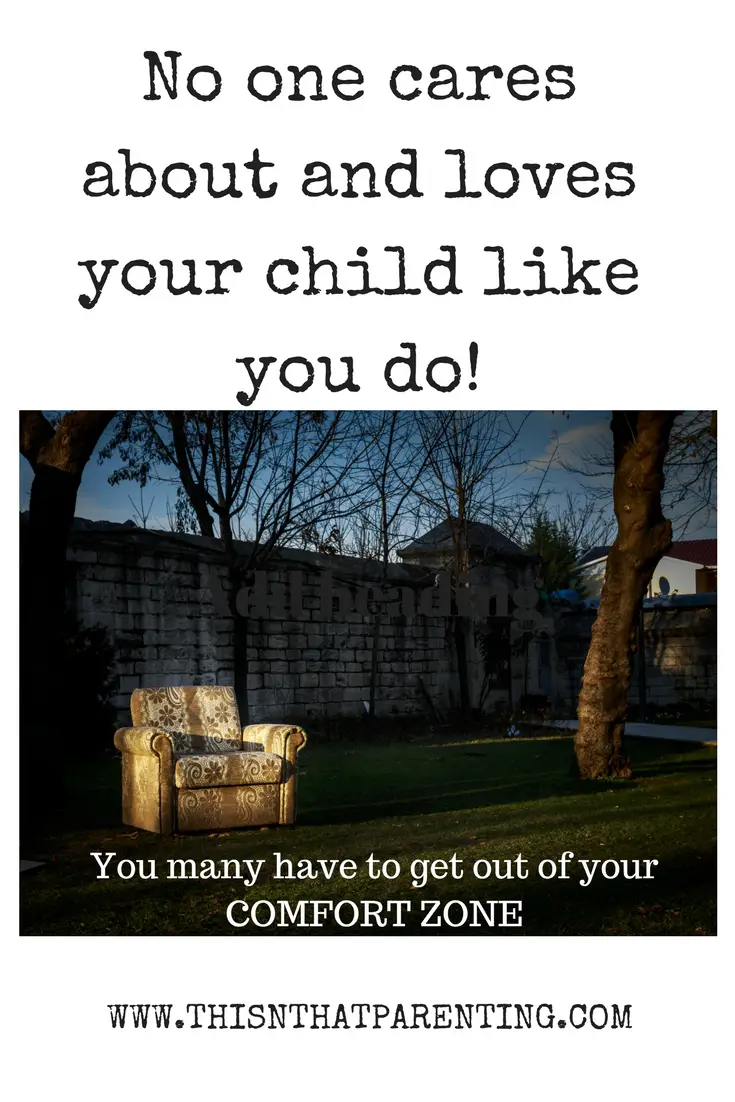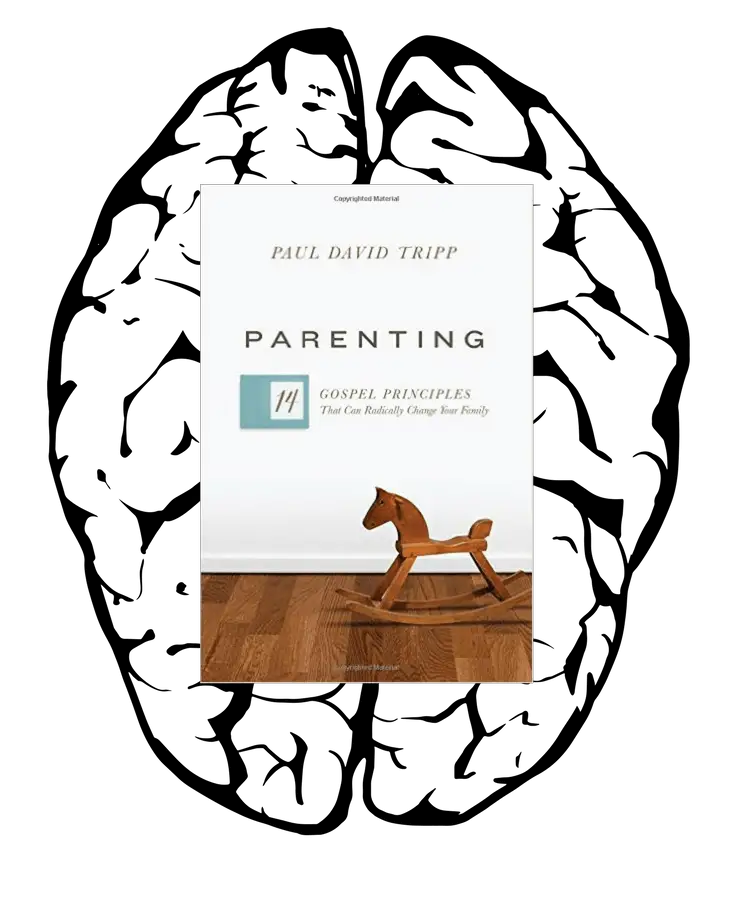How To Send An Effective Email To Your Child’s Teacher: The Dos and Don’ts (Sample Letters Included)
As a teacher and now a mother, I have seen both sides of the coin in dealing with an educational system. After reading this post, you will know how to send an effective email to your child’s teacher.
No matter where your child attends school, parents, teachers, and the student must work together in order for the child to have the most successful school year possible. This includes respectful and effective communication. You can just as easily use these tips in a phone call to your child’s teacher.
Sometimes, you can’t see the forest for the trees, especially when your child is involved. That’s why I will give you an outside perspective that you can use as a template when emailing the school about matters that deal with your child. Matters of the Heart! These are tips and examples straight from the teacher’s mouth.
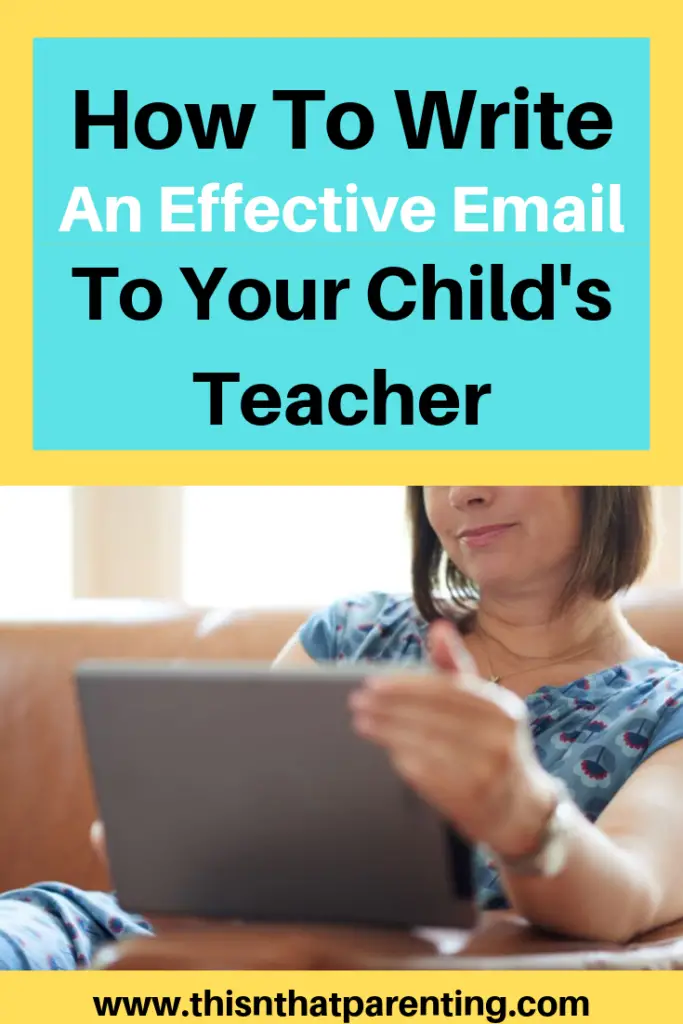
The #1 Reason It is Important For the Teacher and Parent to Keep a Positive Relationship
A student who knows that they have a teacher who communicates regularly with their caregiver and knows that their parent communicates with and trusts their teacher is more likely to put more effort into school. A positive teacher-parent relationship is a great way to motivate your student.
By the same token, when a student knows that they have a teacher who rarely, if ever, communicates with parents, or they know their parents don’t trust, respect or communicate well with their teacher, you have a recipe for disaster.
More than likely, the child will use the broken relationship to what they believe to be their advantage. But in reality, it is not to their advantage at all. Instead of energy being used to create a successful school year for a student, it becomes a battle of wills.
Be an Advocate for Your Child
What does it mean to be advocating for your child at school? You do not have to be in defense mode to advocate. Remember, being your child’s advocate means being their supporter, true believer, cheerleader, encourager, and fellow traveler. There does not have to be a negative situation in order for you to be their advocate. Being involved is being an advocate.
If your child brings something to your attention, you show empathy, discuss the situation, and decide if you need to act. Moreover, you want your child to trust that when they come to you, you protect them. This gives them the confidence to come to you.
If you have your child’s interest at heart and I know you do, it has to be a partnership or the only one that suffers is the child. Teacher + Child + Parent = Academic Success
Related Articles:
- 3 Signs It’s Time to Talk to Your Child’s Teacher
- The Importance of Being an Advocate for Your Child
- How To Have An Effective Parent-Teacher Conference
Get Off to A Good Start Before Writing an Email to Your Child’s Teacher…
- Write to the teacher at the beginning of the school year and tell them about your child. Likes, dislikes, strengths, weaknesses, anything that would help the teacher out instead of taking 3 months to figure it out on her own.
Tell your goals for your child and what ya’ll are working on such as paying attention, trying their best, making friends, etc. It’s a long way until the end of the year. You don’t want the teacher figuring something out at the end of the year that you could have clearly communicated in the beginning. - When your student has anything extra such as special glasses, IEPs, 504, Special Ed, medication, inhaler, EpiPen, food allergy, Speech, mental illness, really shy, anger issues, anything else I haven’t thought of, send a message about it the week before school or the first week. Give the teacher your point of view on it. *Do not have a mini-conference about it at Meet the Teacher night.
- If you have a high-maintenance child, for example, with behavior issues, and you will communicate more than most, ask the teacher their preferred method of communication if they haven’t mentioned it.
- Send letters of thanks and appreciation. Ask if there is anything you can do to help.
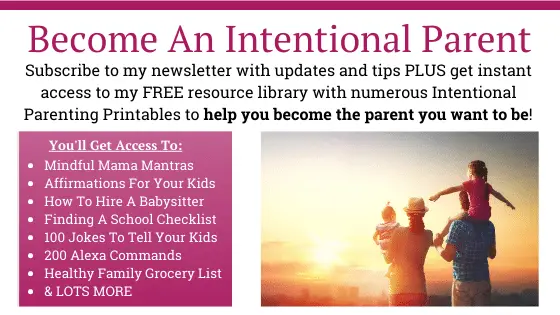
Do’s of Email Communication to Your Child’s Teacher
- Include your child’s first and last name in the subject line with 2 or 3 words about why you’re emailing. This subject line with the child’s full name will get the teacher’s attention amongst all the other emails a teacher receives during a school day.
- Keep the email around 2 to 3 paragraphs.
- If it’s a serious concern, cc or bcc the principal and guidance counselor.
- Let a good teacher know that you think she is doing a great job. If you think she is the best teacher, tell her or him. Teachers appreciate hearing positive things.
- If the teacher has several classes, say which class period your child is in, especially for middle school and high school teachers.
- Stay respectful and calm. Being a teacher is no easy job. Speak to your daughter’s teacher like they would want to be spoken to.
- If you have a question about homework policy, homework assignments, winter break, office hours or a field trip that is happening the next day, you can give the teacher your phone number. Say call, text or email whatever is most convenient. Busy teachers appreciate flexibility.
- Use I statements to avoid putting the teacher on the defensive. Instead of, you told the class that or you gave him a 50 on his spelling test...
– I am concerned about…
– I am worried about…
– My heart is saddened because…
– I believe it would be best to move Joey to the front of the class… - Another key point, whenever you want to talk, ask them to call or have a conference about the matter. If it deals with other teachers, request their presence and cc them in the email.
- Specifically, if it’s an issue about transportation, email or call the principal or the transportation department, depending on your district. Teachers do not have control of the bus drivers. Same thing with walkers, car riders, etc. E-mail the principal.
- Refer to your own kids, not generalizations about the whole class.
- Be a teacher advocate.
– Remember that teachers are human, and they make mistakes as imperfect humans do!
– Give the teacher the benefit of the doubt.
– Remember that the teacher is 1 human with however many students. You know what it’s like with 1, 2, 3… children of your own. Show empathy. - Inform all of your children’s teachers when there is “stuff” that is of serious concern. For example, divorce, moving, a new baby, Dad’s out of the country for a month- Mom is on her own this week, etc. They need to know to have empathy for your child. They need to know rather than find out the hard way.
- Without a doubt, remember that anything you type in an email can be saved and printed out. You do not want to put anything that you would regret later. Moreover, let it be known that staff members do talk to each other.
- If you want a parent-teacher conference, ask for it. Teachers do not having face-to-face meetings.
- Occasionally, when you need help with your child, it is fine to ask the teacher for a short video explaining how to do a problem.
Don’ts Of Email Communication To Your Child’s Teacher
Remember to start each of the following sentences with DON’T…
- Call the teacher by their first name.
- Ramble on in an email to your child’s teacher.
- Come across as judgemental. Remember, innocent until proven guilty. Use I statements.
- Expect immediate feedback. Usually, a teacher can’t focus on email until after dismissal. Middle school and high school teachers often have classes back-to-back and can not check emails until the end of the day. Don’t expect an immediate response. Teaching is the first priority.
- Hit send without reading over your email and making sure you are keeping a positive relationship.
- Write the email when you are ticked. Breathe. It is best to wait until you have cooled down.
- Use other kids’ or parents’ names unless there’s no way around it. Only discuss your family. Usually, the teacher is not at liberty to use names either.
- Try to talk to the teacher like a friend. Keep it professional. Yes, you can treat her like family. When I say friend, I’m talking about asking for advice on boyfriend issues, town gossip, talking about other students or teachers type stuff.
- Email your child’s teacher about another teacher. Email that teacher or the principal. For instance, if you have an issue with the PE teacher, take it up with her or the principal.
It is fine to CC the child’s homeroom teacher, so she knows of the matter. But you can expect her to run around putting out students’ fires. - Try to have a conference when in passing while you are at the school or supermarket. If you need a conference, email that you need a conference.
Receive the PDF: Do’s and Don’ts Checklist and Sample Emails to Your Child’s Teacher
Send Me the Checklist and Sample Emails
Be sure to save the sample email to your Google docs, so you can use it next year too.
You can use this sample email As Good Advice for:
- Talking to your child’s teacher about your concerns
- To ask for your child to be moved to a better place in class
- Informing your child’s teacher about COVID
- Letter to teacher from parents about child’s progress
- Introduction email to child’s teacher
- Getting to know your child’s teacher
- When you have specific questions about your child’s grades or assignments
- When you are looking for advice on your child
- Talking with a teacher who seems hard to communicate with
- Not wanting to bother your child’s teacher
- Talking to your child’s teacher about something that may be uncomfortable
Major Issues Are Not for an Email to Your Child’s Teacher
If there is something a teacher did that you are strongly offended by, it is best to contact the principal using the same Do’s and Don’ts above. The principal can help take steps that are in the best interest of the child.
If you do not get the sense of urgency, respect, or attention you deserve, you continue to climb the chain of command ladder until you do.
Collaborate, Collaborate, Collaborate!

Before You Press Send
Read over the email to make sure nothing comes across at a personal attack. Make sure the email has a positive tone. Double-check to make sure you only discussed action items.
Things that need the most attention. Busy teachers and brilliant teachers appreciate positive emails telling them to have a great day at the end of the email. Check to see that you included your phone number in case the teacher chooses to contact you directly.
Receive the PDF: Do’s and Don’ts Checklist and Sample Emails to Your Child’s Teacher
Send Me the Checklist and Sample Emails
Call to Action
As you can see, effective email communication can go a long way, whether it’s in person or in an email to your child’s teacher. Of course, this is true in all areas of life.
The parent-teacher relationship can make or break a child’s school year. By the end of the school year, you will agree that a positive relationship with your child’s teacher is invaluable!
Remember that your child has to spend their days with these people, and people have a subconscious. Although we would like to believe that children are not treated any differently because of something their parents did or said, I’m pretty sure it happens.
If it happens for the positive, then we can assume it happens for the negative. Keep it respectful, and communicating sooner is always better than later.
Education Resources For You
- 10 Ways Intentional Parents Raise Confident Kids
- How To Send An Effective Email To Your Child’s Teacher: The Dos and Don’ts
- Lighting: How It Affects Your Child Physically, Mentally, and Academically
- 7 Shocking Facts About The Development Of Your Child’s Prefrontal Cortex
- Advocating for Your Child At School – Stay Involved!
- 10 Brilliant Tips To Help Your Child Thrive During Virtual Learning
- A List Of Parenting Resources: The Best Of The Best
- Peaceful Parent Happy Kids by Dr. Laura Markham: A Book Review
- Time To Parent by Julie Morgenstern: A Book Review
- 200 FREE Kid-Friendly Alexa Commands For Your Echo Device
Make it a great day or not, the choice is yours! Remember to have fun, laugh and give God the glory! I love you! SS
